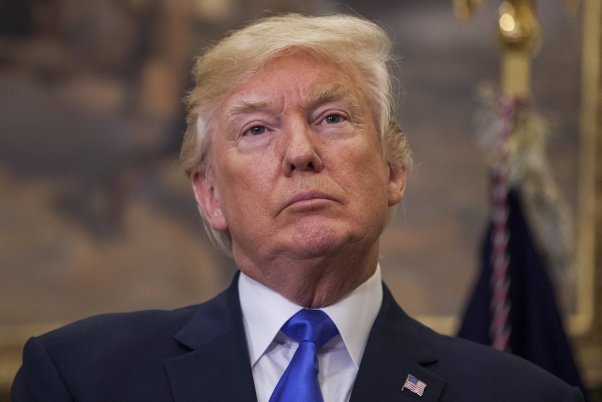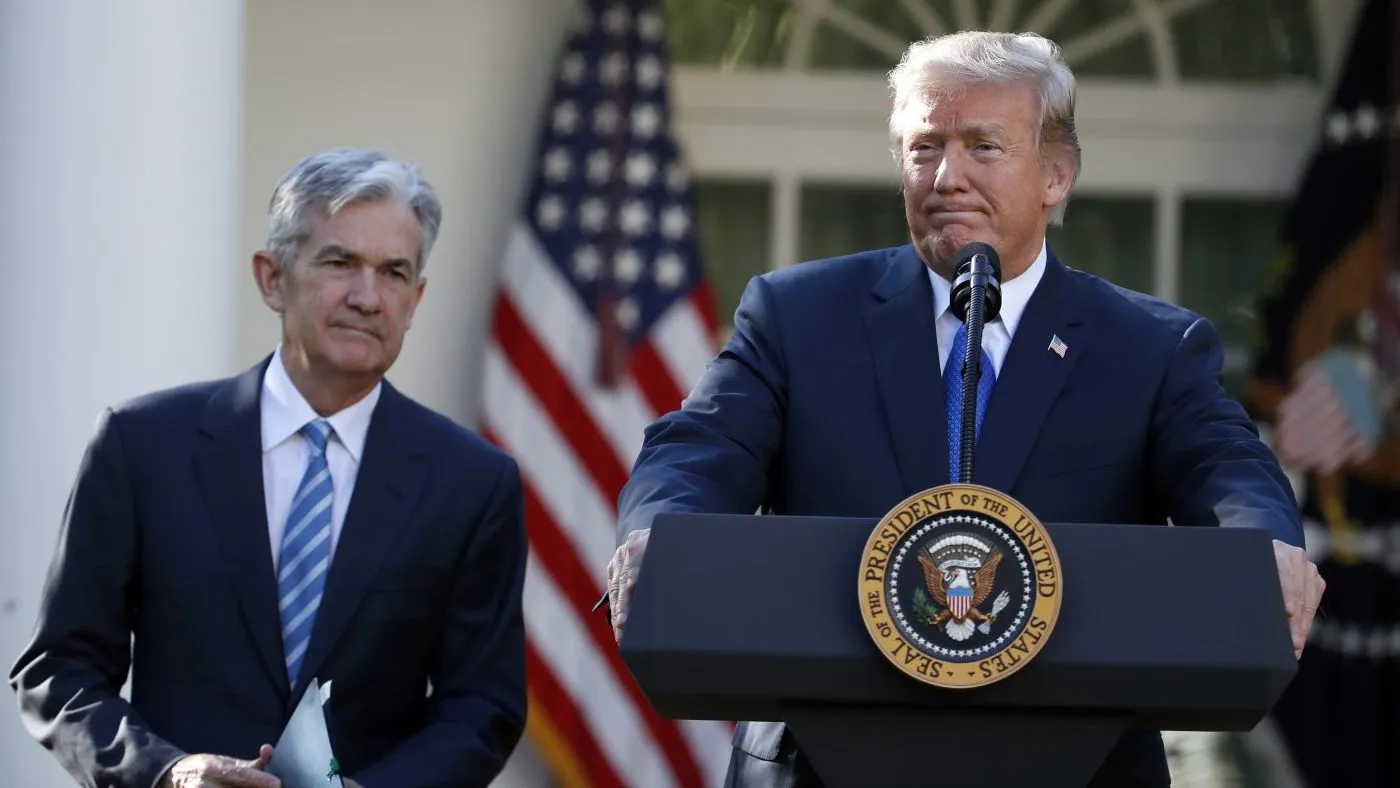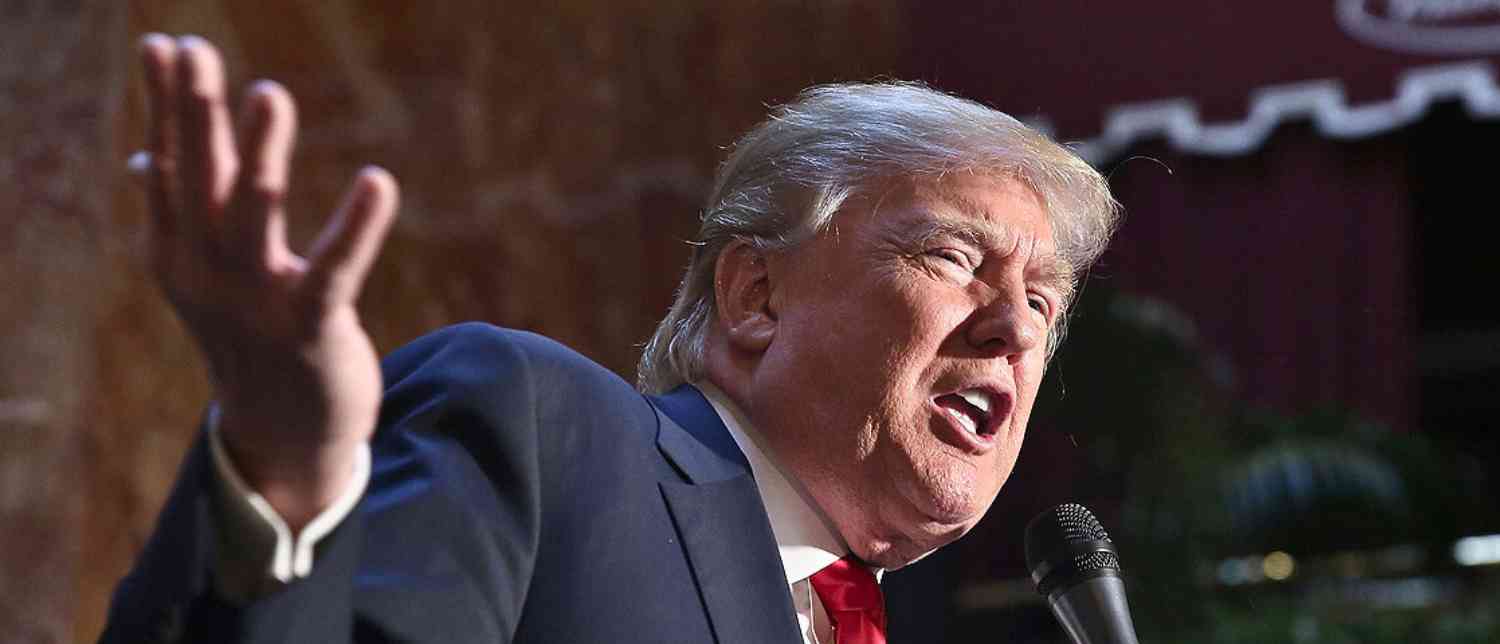President Donald Trump recently made headlines by stating that he "doesn't know anything about" the United States importing chemicals, fertilizers, and uranium from Russia. This comment came amid rising tensions and trade talks related to sanctions and tariffs on Russian goods following ongoing geopolitical conflicts involving Russia.
Trump's remark was given in response to questions referencing a statement by India’s Ministry of External Affairs, which highlighted that the US continues to import certain critical materials from Russia. These include uranium hexafluoride used in the nuclear industry, palladium for electric vehicles, as well as fertilizers and chemicals. The ministry criticized what it described as "unjustified and unreasonable" criticism directed at India for its own imports of Russian oil, pointing out that the US and European countries maintain their own trade relations with Russia for essential commodities.

Trump’s statement of ignorance about these imports contrasts sharply with his administration’s sharp criticism of India for sourcing Russian oil, which Trump blamed for fueling the war in Ukraine. He threatened to raise tariffs substantially on India as a consequence of its trade with Russia. When pressed about the possible imposition of a 100% tariff on all countries buying Russian energy, including China, Trump did not specify a percentage but suggested that significant tariffs could be implemented soon.
From a broader perspective, this situation exemplifies the complex realities of global trade intertwined with geopolitical conflicts. While political leaders may impose sanctions or threaten tariffs, their own countries’ industries often remain dependent on certain imports out of economic necessity or due to a lack of domestic alternatives. The US import data reflects that between January and May 2025, imports of Russian materials like palladium, uranium, and fertilizers actually increased substantially compared to the previous year.
There are arguments on both sides: proponents of strong sanctions argue they are necessary to pressure Russia to stop aggression and uphold global security, while critics point out potential economic harm and unintended consequences from these policies. The Indian government’s critique highlights concerns over perceived double standards when Western countries impose restrictions on others but sustain similar trade themselves.

In short, President Trump’s admission of not knowing about US imports of Russian fertilizers and chemicals underscores the challenges that policymakers face in managing international trade in a complex and often contradictory global environment. It also illustrates how nuanced and delicate the balancing act is when economic interests, national security, and diplomatic relations intersect.
This ongoing dialogue is likely to influence upcoming trade decisions, tariff impositions, and diplomatic negotiations involving the US, India, Russia, and other global players in the coming months. Policymakers will need to carefully weigh economic realities with strategic goals to navigate this complicated terrain.
With inputs from agencies
Image Source: Multiple agencies
© Copyright 2025. All Rights Reserved. Powered by Vygr Media.

























